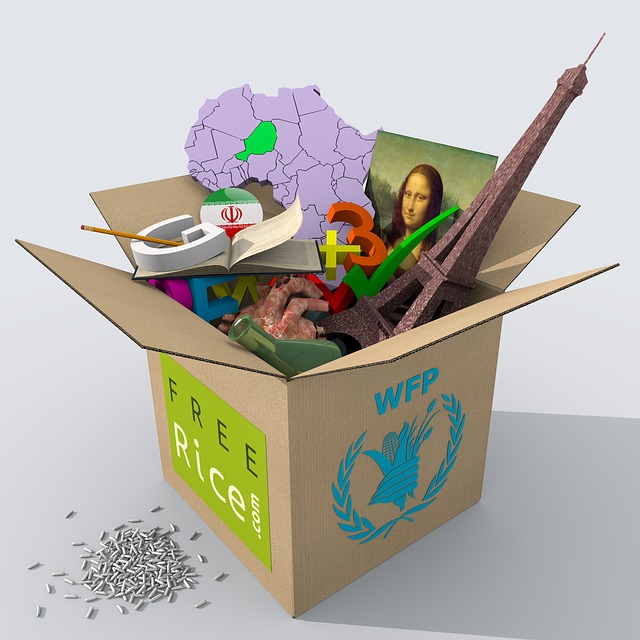When I was eight, I transferred from a deaf school to my local elementary school. It was a shock; the deaf school, where I was surrounded by deaf classmates and sign language, was the only learning environment I’d ever known. Now I was thrust into a place where I was the only deaf student.
In my new school, I worked with a sign language interpreter who helped me understand everything that was happening around me. When the interpreter wasn’t around, I paid attention to people’s mouths. I pulled clues from their movements and attached words and meaning to them, learning, bit by bit, how to read lips. I quickly tired of this and retreated to the library. With its no-noise policy and shelves of stories, it was a relief. Every recess, I read pages instead of reading lips; the dialogue was laid out for me, and I didn’t have to fill in gaps.
Stories held more meaning for me than people did, and stories were my tool for learning about the hearing world in which I lived. Romance novels taught me about how hearing people moaned in pleasure. Thrillers and mysteries taught me how whispers and secret conversations took place in shadowed hallways or forgotten rooms. Science fiction taught me about the possibility of technology that would foreshadow health concerns, birth defects, lifelong disabilities, and premature death.
Stories also taught me about hearing people’s perceptions about deaf people: we were apparently fragile, strange beings. We were unreachable, untamed, unwilling to bend to popular (read: hearing) opinion. We had personhood, but little agency and autonomy.
By the time I reached college, my signing skills had declined—when I moved away from the deaf school, I replaced signing with hours of speech therapy. When I started signing regularly again, months after I graduated from high school, I struggled to remember basic words and phrasing.
“You’re so English, so robotic,” a college classmate told me once when we were signing together. “Do you even know ASL?”
Stories were my tool for learning about the hearing world in which I lived.
I felt my back straighten, my defenses up. “Yeah, of course,” I replied. I had started learning language at a deaf school, after all. Sign language had been my first mode of communication, my first entry into any community. “Am I not doing it right?” I asked.
“Use your body. It’s more than just hands.”
As I relearned ASL, I also discovered Deaf authors. I thrilled in finding people like me who were adding nuance and cultural specificity as they wrote about Deaf people. In those stories, Deaf people had power and agency in a narrative. As I adopted a “big-D” Deaf identity (the uppercase D signifies a cultural identity, rather than a medical condition) and grew into a Deaf adult, I turned to literature …….
Source: https://lithub.com/toward-a-literature-of-sign-language/
